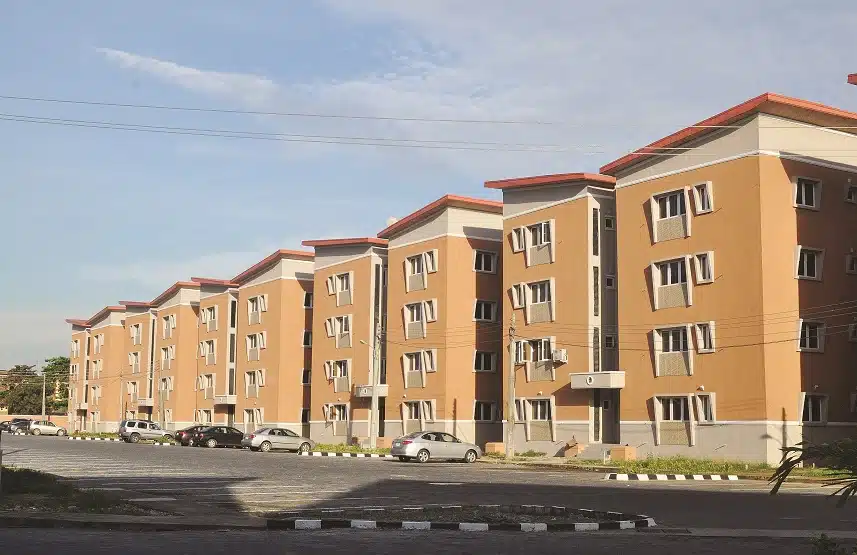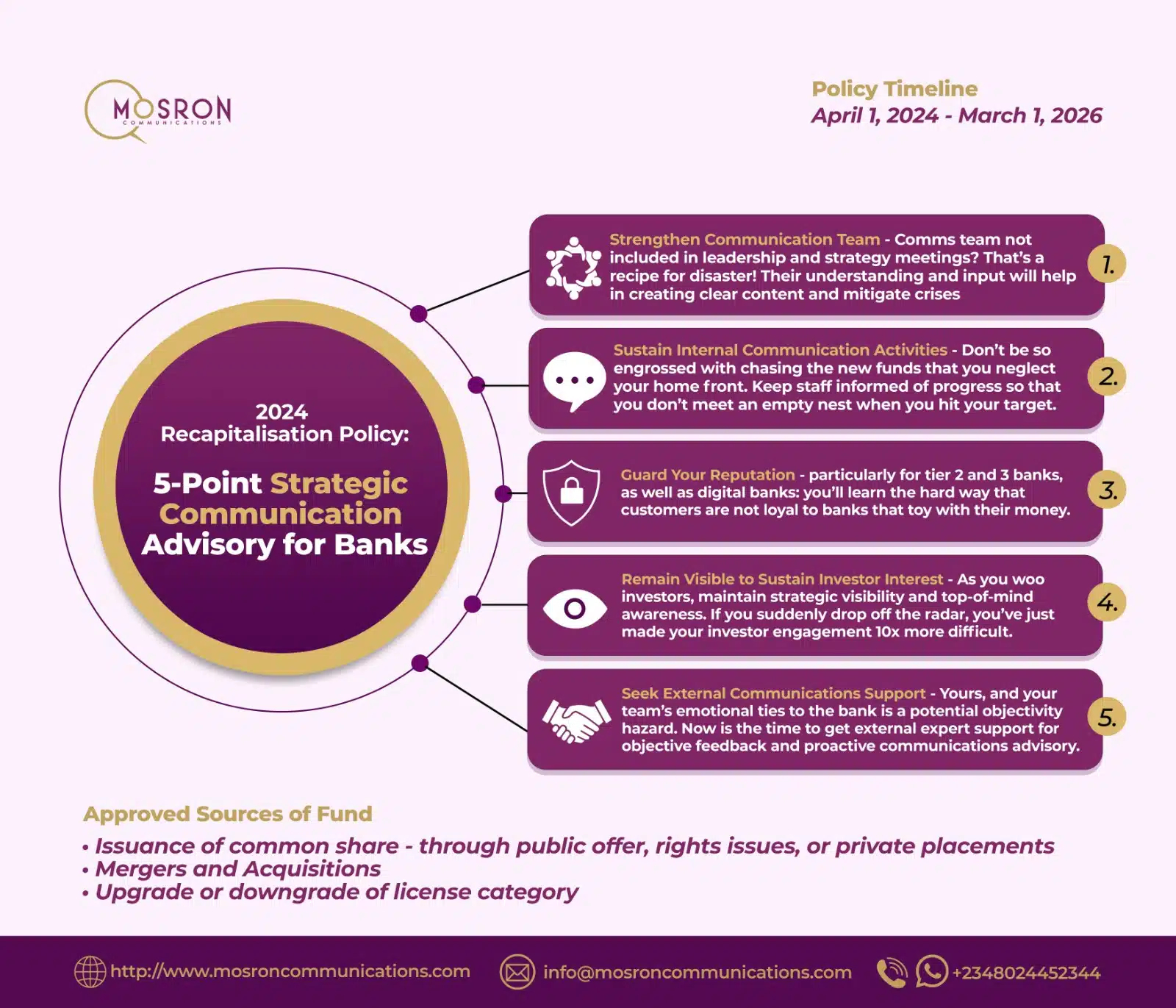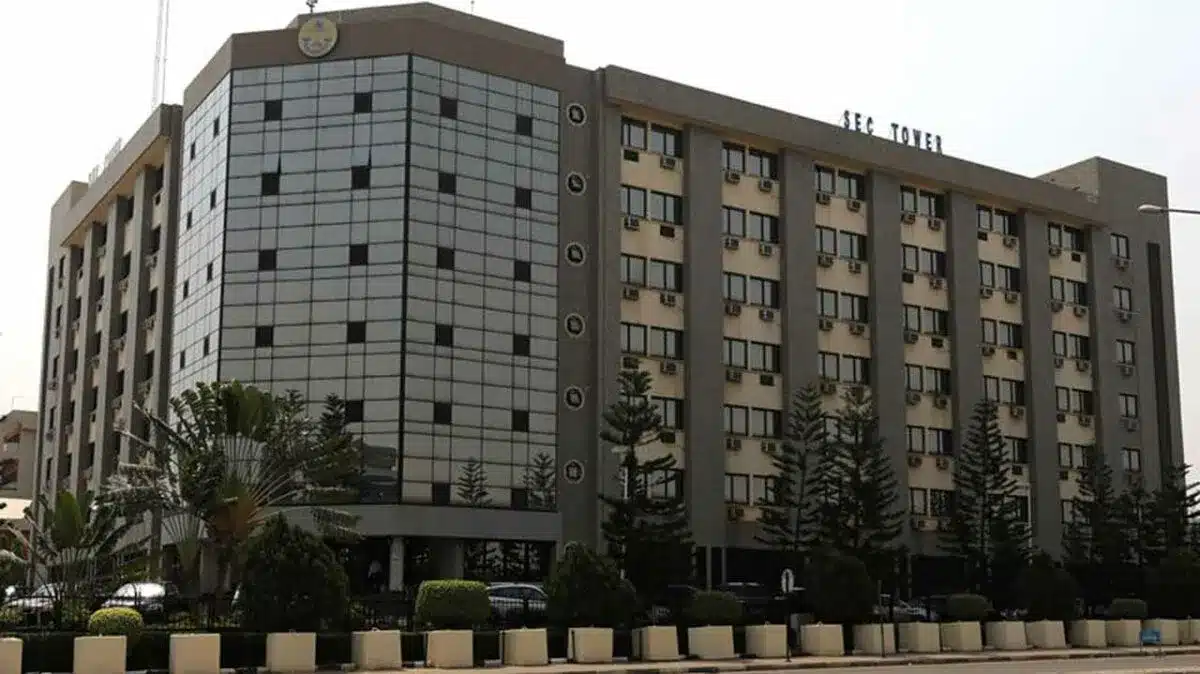Lagos State has launched a digital house numbering system aimed at reducing tax evasion, improving revenue generation, and supporting efficient urban management.
Per Nairametrics, the initiative, unveiled on Tuesday, June 24, 2025, will assign unique digital IDs to every residential, commercial, and mixed-use building across the state.
It was introduced by Dr. Olajide Babajide, Special Adviser to Governor Babajide Sanwo-Olu on Enterprise Geographic Information System (e-GIS), who said, “We’ve had issues ranging from tax evasion to untraceable addresses. This new digital system is the solution.”
By formalising property identification, Lagos authorities hope to bring undocumented properties into the tax net, a move expected to boost the state’s internally generated revenue (IGR).
According to the Lagos State Government, the digital house numbering system will also facilitate accurate property records, making it easier for officials to track ownership, monitor property use, and ensure fair tax compliance.
A lack of standardised physical addresses has long meant that both residents and the government struggle to accurately identify properties for taxation and services.
Historically, informal addressing has stunted commerce and delivery logistics, even after past initiatives like What3words, vagueness has persisted.
Lagos, which generates the highest IGR among Nigerian states, is increasingly turning to technology to formalise its economy and urban infrastructure. The digital house numbering initiative builds on previous efforts to integrate smart systems into transport, payments, and land management.
For example, the introduction of the Cowry card for transport users enabled authorities to track revenue from informal operators and improve service planning.

Victoria Fakiya – Senior Writer
Techpoint Digest
Stop struggling to find your tech career path
Discover in-demand tech skills and build a standout portfolio in this FREE 5-day email course
Beyond tax collection, digital property IDs are expected to support better urban planning, emergency response, and service delivery. Accurate house numbers will make it easier for health, fire, and security services to locate buildings quickly.
The Lagos State Government believes that standardised digital addresses will create a foundation for a smarter, more efficient city. It will also help unlock new revenue streams by ensuring properties previously outside the state’s radar are identified and taxed appropriately.
However, successful implementation will depend on public cooperation, data accuracy, and efforts to address informal housing areas where proper documentation is often lacking.
With over 17 million residents and one of Africa’s fastest-growing urban populations, Lagos faces growing pressure to formalise its economy, improve public services, and close tax loopholes. The digital house numbering project represents another step in the state’s push to leverage technology for better governance and sustainable growth.










